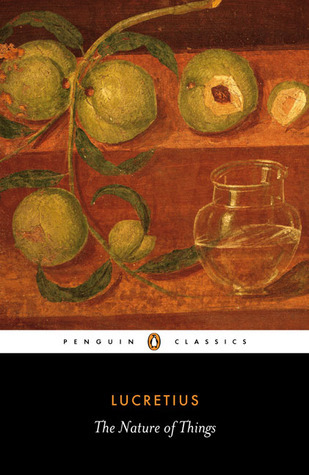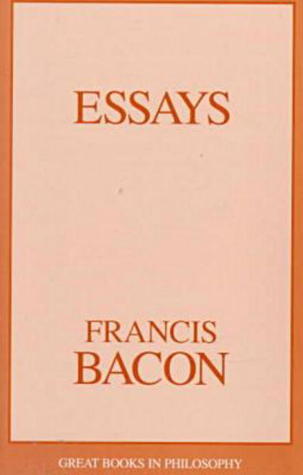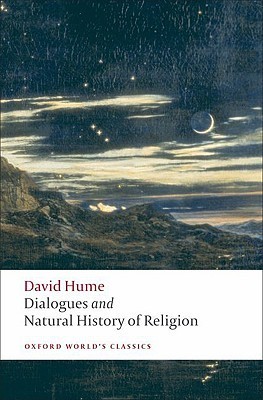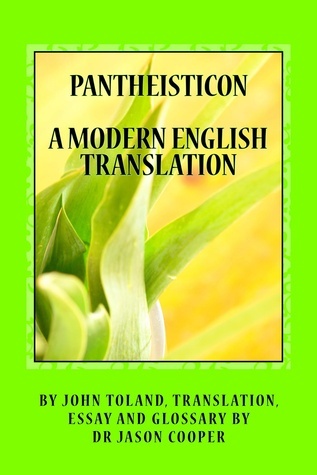
An Essay on Man
Book Description
Dare to confront the essence of humanity! In "An Essay on Man," Alexander Pope unravels the intricate dance between man and the universe, bridging reason and faith with razor-sharp wit. Every verse cuts deep, revealing the struggles of existence, the pursuit of happiness, and our search for meaning in a complex world. As Pope illuminates humanity's strengths and follies, he challenges readers to ponder: can we rise above our own nature, or are we forever bound by it? Embrace the philosophical adventure and explore the profound questions that resonate through time—what is the ultimate destiny of mankind?
Quick Book Summary
"An Essay on Man" by Alexander Pope is a philosophical poem composed in heroic couplets that seeks to explore humanity's place in the grand order of the universe. Through witty, lyrical verse, Pope reflects on the limitations of human understanding, the roles of reason and faith, and the interconnectedness of all things. He urges humility, reminding readers that humans are just one part of a much larger cosmic design, and cautions against pride. Pope examines happiness as a pursuit governed by natural and divine laws, proposing that contentment comes from accepting our assigned role in the world. Ultimately, the poem is a meditation on the harmony between man, nature, and the divine, encouraging trust in Providence and a sense of resignation to the mysteries of existence.
Summary of Key Ideas
Table of Contents
The Limitations of Human Knowledge
Pope begins the poem by highlighting the fundamental limits of human understanding. He emphasizes that mankind cannot grasp the totality of creation or its Creator, and that knowledge is bounded by our senses and experience. Through metaphors, Pope illustrates that humans often act presumptuously, thinking themselves capable of knowing higher truths best left to the divine. He calls for humility, urging readers to acknowledge their intellectual limitations and not mistake their partial understanding for universal wisdom.
The Chain of Being and Universal Order
Central to "An Essay on Man" is the concept of the "Great Chain of Being," a hierarchical structure Pope uses to illustrate the interconnectedness of all creation. Every being, from the lowest to the highest, has a specific place and role in the cosmic order. Pope suggests that the apparent imperfections and disparities in nature are part of a purposeful design. Humans should not envy the position of others, for every link in the chain is essential to the greater harmony. This perspective encourages contentment with one’s assigned station in life.
Reason, Faith, and Human Pride
Pope addresses the interplay of reason and faith, scrutinizing man's tendency toward pride. While reason is presented as a unique human faculty, it must be exercised with caution and in tandem with faith. Overreliance on reason leads to arrogance—an attempt to "scan God's works," as Pope warns—and can result in philosophical or moral error. Instead, he advocates for a balance that respects both critical inquiry and the acceptance of mysteries that surpass human comprehension.
The Pursuit and Nature of Happiness
The poem examines the pursuit of happiness, portraying it as a fundamental aspect of human existence. Pope argues that happiness does not arise from material wealth, status, or ambition but from the fulfillment of natural and moral law. By living virtuously and in accordance with one’s place in the universal order, individuals can achieve contentment. Happiness, according to Pope, derives from self-knowledge, restraint, and a sense of alignment with the broader tapestry of life.
Providence and Acceptance of Fate
Ultimately, the work concludes with a powerful affirmation of divine Providence and the acceptance of fate. Pope encourages readers to trust that the universe operates under just and benevolent guidance, even if its workings appear inscrutable. Surrendering to this order—"Whatever is, is right"—liberates individuals from anxiety about the future and resentment over their circumstances. Through resignation and faith, he insists, mankind can attain tranquility and moral wisdom, living harmoniously within the cosmic design.
Download This Summary
Get a free PDF of this summary instantly — no email required.





